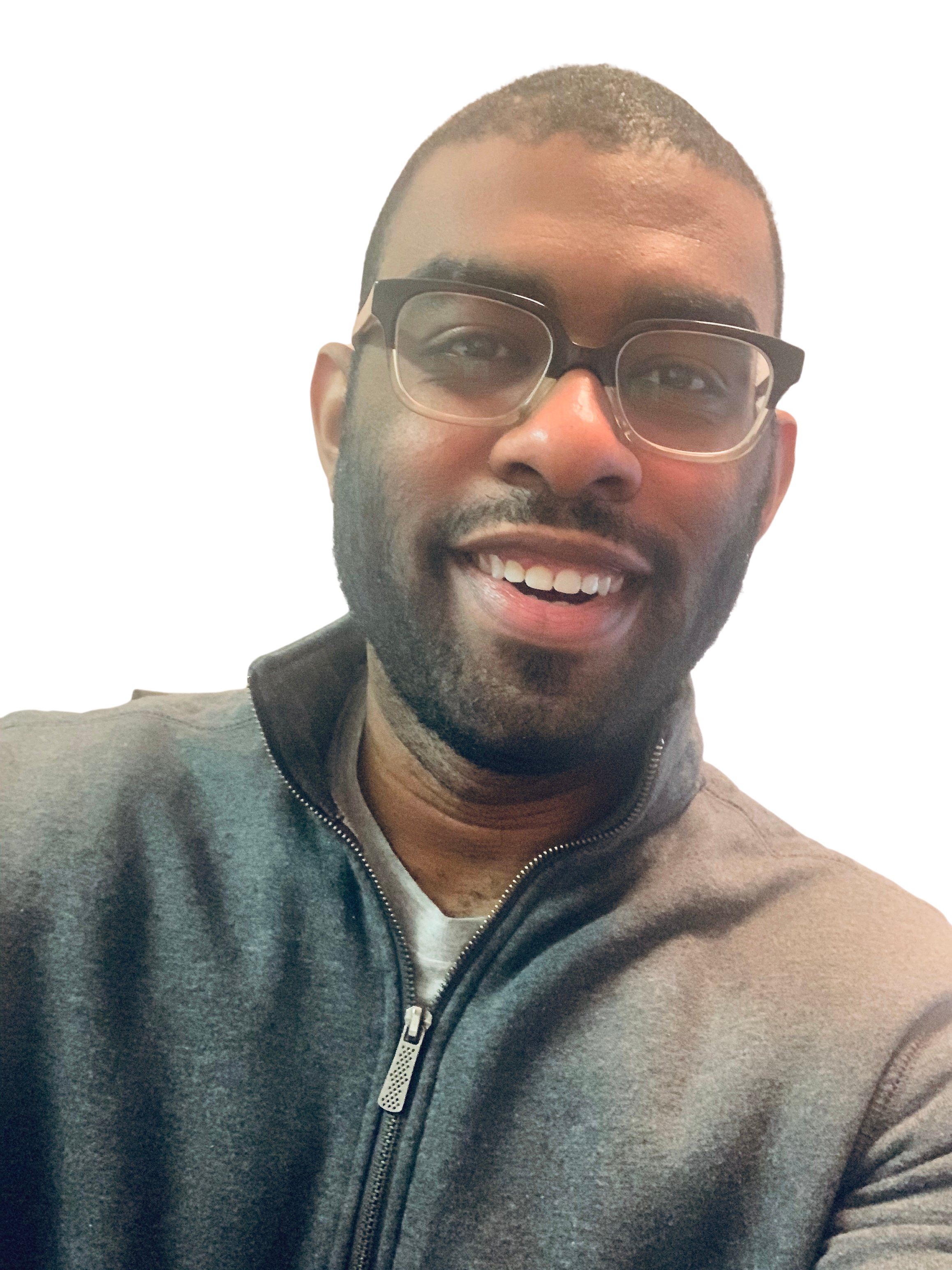Monday, February 5, 2024


Your Celebratory Quote
Theme of the Week
This week we are focused on equitable access.
FEATURED
Mississippi GodD*** : The Great Digital Divide in the South
Will we create a multicultural America full of opportunity for all or continue the economic racial apartheid that has defined America since the killing and displacement of Indigenous Americans and the enslavement and killing of Indigenous Africans dating back to the 15th century?
As America becomes majority minority, it is at yet another crossroads. In our modern era, we ask, will we further embed racial hierarchies in our public policy and private industries creating a volatile system of permanent underclasses by race and gender or will we embrace equity?
Due to past and current legal decisions to redline housing, different underrepresented groups do not live in the same neighborhoods. This makes both equitable and racist policies easier to develop, target , and implement on the whims of policymakers and private industry leaders.
Digital Divide is the New Economic Apartheid
Last week Perspectives Media wrote an in-depth piece about how Jamie Dimon, CEO of the largest US bank, JP Morgan, inadvertently imbedded inequitable policies that will likely harm the progression of historically marginalized groups and women at JP Morgan. This week we highlight a fantastic new series by Capital B focused on inequitable access to broadband internet and the devastating effect the lack of broadband has had on opportunity in rural Black communities.
Through extensive interviews and research, the series, “Disconnected: Rural Black America and the Digital Divide”, written by Aallyah Wright, Capital B showcases the lack of access to broadband and digital redlining. . Part one of the series is, “Digital Redlining and the Black Rural South” and part two is, “How Black Rural Americans Navigate Internet Issues.”
Summary of the Documented Barriers
- Systematic exclusion of Black residents from both private and public broadband investments throughout Mississippi, Georgia, and Alabama
- When available, internet connection is slow and poor quality—so slow you can’t render videos or send emails
- Individuals rely on libraries or community centers to access internet—which costs them time and money
- Price gouging by internet service providers charging upwards of $130 a month for dependable access
These Structural Barriers are Expensive
Structural barriers to internet access combined with housing market disparities (redlining), food apartheid, and discriminatory employment practices make living as a poor southern Black person expensive. As Dr. Martin Luther King said, “This country has socialism for the rich, rugged individualism for the poor.” It also means that most people must use their phones for important work like filling out government paperwork or submitting applications and even phone signals can be spotty. These disparities are costly both in terms of time and money.
Why We Must Focus on the South
Stories focused on the inequities, lack of investment, and harmful policies in “red” America are pivotal to bring about a new America. The election of one 45th president shows that we cannot afford to ignore the plight of rural America. States like Mississippi, Alabama, and Georgia are the proving ground for torturous policies that steal from the poor and give to the rich.
This proves Fannie Lou Hamer’s point that, “Nobody’s free until everybody’s free.”
What You Can Do
In 2021, congress passed and the President signed the Infrastructure Investment and Jobs Act. Included in the act is the Broadband Equity, Access, and Deployment Program (BEAD). Check out how it is being implemented in your state and hold your political powers that be accountable to equity in broadband access.
If you’re on the go and can’t read the full series, Aallyah Wright gave a brief interview with NPR’s Kai Ryssdal on her own search for internet, “How are Black communities in the rural South dealing with digital redlining?”
This Issue is Intersectional
Perspectives Media researched source materials across different historically marginalized intersections, and we found that the digital divide cuts across almost every historically marginalized group.
- National Urban League finds 17 million Black, Latinx, and American Indian/Alaska Native students lack internet
- Emma Gautier wrote that the model minority myth hides the digital divide happening in Asian American communities
- According to Andrew Perrin and Sara Atske at Pew Research, Disabled Americans often cannot find digital products that fit their disability
- Resources for Native Americans, Latinx Americans, and Black Americans facing the digital divide
A final quote, “Even when the government allocates funds to connect Native Americans, the infrastructure often isn’t there for many to take advantage of it.”
ARTICLES
-
1,000 Black Pastors
When we think about global systemic racism, equity, , and solidarity these days, the first issue that comes to mind is the historic colonization, apartheid, and occupation of Gaza.
The Root’s Angela Johnson is reporting that 1,000 Black Pastors have officially issued a statement calling for a cease-fire in Gaza.
SHOUT OUTS
-
Celebrating Black Liberation this Black History Month
It’s Black history month, ya’ll! As you know if you’re a reader of Perspectives for Progress, we always celebrate and embrace Black history, but we get to do it up extra special this month.
Opportunity and liberation go hand-in-hand and if you haven’t heard, African American Policy Forum (AAPF) and Liberation have teamed up to create daily affirmations for Black history month. Sign up here.

Stay in the Loop
Subscribe to our newsletter, Perspectives for Progress!






